PEST Analyses
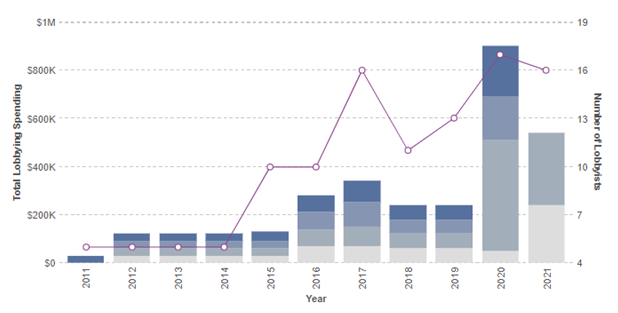
PESTEL is a strategic analytical tool. The acronym stands for political, economic, social, technological, environmental and legal factors. Square PESTEL analysis refers to the analysis of potential impact of these external factors on the performance of the financial services and digital payments company. Political Factors in Square PESTEL Analysis There are many political factors that can affect the bottom line for Square directly or indirectly. These include government stability, the level of bureaucracy, corruption, freedom of press and others. Moreover, activities of trade unions, government trade controls and tax policies, as well as, home market lobbying activities also belong to the list of political factors that can affect the business. Custom tariffs Square works with manufacturers from China to develop its hardware products. In September 2018, the United States imposed tariffs on certain imports from China, including on some Square hardware devices manufactured in China. The tariffs on these products were initially set at 10%, but were increased to 25% in May 2019. On September 1, 2019, the United States imposed new tariffs at 15% on additional imports from China, including Square’s remaining hardware products manufactured there, but rolled back these new tariffs to 7.5% effective February 14, 2020. The tariffs negatively affect the gross margin on the impacted products, which only partially has been offset by adjustments to the prices of some of the affected products. Bureaucracy Bureaucracy is one of the main political factors for Square. International market expansion for the financial services and digital payments company requires registering the business with local authorities in due manners. Business registration processes, as well as, the practice of conducting business can be highly bureaucratic, especially in developing countries and such a situation can have adverse effects on Square operations in respective markets. Particularly, bureaucracy can slow down…
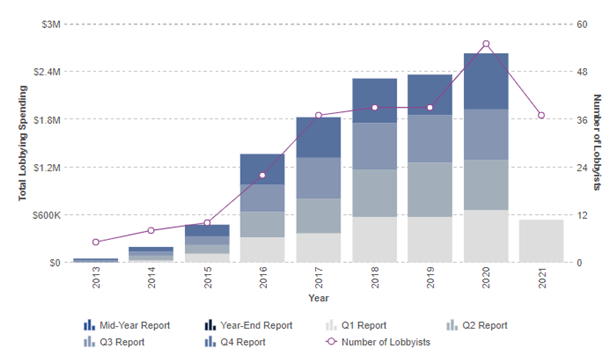
PESTEL is a strategic analytical tool and the acronym stands for political, economic, social, technological, environmental and legal factors. Uber PESTEL analysis refers to the analysis of potential impact of these external factors on the performance of the ride-hailing giant and its long-term growth prospects. Political Factors in Uber PESTEL Analysis Generally, political factors affecting businesses include government stability, bureaucracy, levels of corruption, impacts of home market lobbying groups and others. When Uber started its operations in 2009, there was no other ride-hailing taxi app. Accordingly, legislations related to the regulations of such services did not exist. Global disruption of taxi services: political implications With the advent of Uber, the following and other questions needed to be answered by local governments and authorities: Who is responsible in case of car accident: Uber or the driver? Does it need to be compulsory for Uber drivers to have taxi licences? Can Uber list thousands of its drivers as contractors, but not employees? Does Uber have to comply with minimum wage requirements? Dealing with above and other related questions in different countries and regions have caused charged political debates. Moreover, it can be argued that Uber has caused political debates in the global scale in a way that few companies have done. Different stance by local governments While some local governments have been favourable towards Uber taking into account its modern business model, others demanded strict adherence to the rules and regulations making no difference between Uber and regular taxi companies. As a result, Uber has been banned in a number of countries and such as Bulgaria, Hong Kong and Germany and certain cities such as London and Brno. Lobbying as attempts to affect political factors Uber engages in lobbying activities to try to impact legislations in the US and worldwide to…
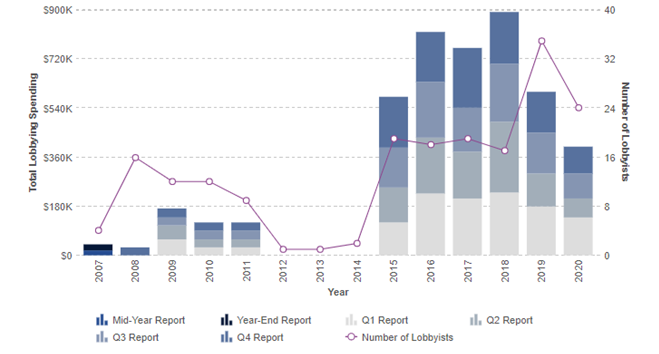
PESTEL is a strategic analytical tool and the acronym stands for political, economic, social, technological, environmental and legal factors. Tesla PESTEL analysis involves the analysis of potential impact of these factors on the long-term growth prospects of the alternative fuel vehicles manufacturer. There is a wide range of political factors that can potentially affect automobile manufacturers. Specifically, political factors for Tesla include freedom of press, corruption and bureaucracy in local markets and trade unions activities. Moreover, home market lobbying practices by governments and trade controls also belong to the list of political factors that can affect Tesla. Political Factors in Tesla PESTEL Analysis Political stability Political stability is one of the most important political factors affecting the company. Tesla uses cobalt extensively as a raw material to build its Model S, Model X, Model 3 vehicles. About 58% of the world’s cobalt production comes from the Democratic Republic of Congo (DCR).[1] According to a report by Amnesty International, cobalt rush has increased the cases of conflicts, corruption and child labour in Congo[2]. Accordingly, it can be argued that political instability and warfare in Congo can create supply chain risk for Tesla in relation to cobalt, an important component for electric vehicles. Government incentives for electric vehicles Government incentives to promote vehicles run by alternative fuel due to negative environmental implications of CO2 emissions is a noteworthy political factor for Tesla. The impact of this factor is positive and so far Tesla was able to benefit to a maximum extent. For example, US government offers USD 7500.00 tax credits to every buyer of new electric vehicles as an incentive, but there is a cap of 200,000 deliveries of electric vehicles in the US for each automaker. Tesla was the first manufacturer to hit the threshold back in 2018. Thanks to the new…

PESTEL is a strategic analytical tool used to analyse external factors affecting organizations. The acronym stands for political, economic, social, technological, environmental and legal factors. W.W. Grainger PESTEL analysis comprises the analysis of potential impact of these factors on profitability and long-term growth prospects of the global industrial supply company. Political Factors in W.W. Grainger PESTEL Analysis There is a wide range of political factors that can affect Grainger directly, as well as, indirectly. For example, government stability in international markets is one of the key political factors that can impact the performance of Grainger. Specifically, the global industrial supply company may face difficulties to grow the business in countries where there is a lack of government stability. Furthermore, if any government where company operates faces stability issues due to strikes, war or any other reasons, this can impose risks to Grainger properties located in the country. Activities of trade unions can be mentioned as another type of political factor that can affect the bottom line for the B2B distributor. Trade unions can demand and achieve higher wages for Grainger employees with negative implications on profitability of the business. Additional range of external political factors for Grainger includes level of bureaucracy and corruption, the extent of freedom of press, government trade controls and others. Economic Factors in W.W. Grainger PESTEL Analysis Grainger profitability and growth prospects are subject to a range of external economic factors. Changes in currency exchange rate is one of the main economic factors for the industrial supply company, because in 2019 the company generated 28% of its total revenues from international markets outside of its home market US.[1] Inflation rate can be highlighted as another significant economic factor for the worldwide distributor of industrial products, as increasing level of inflation erodes buyer purchasing power…
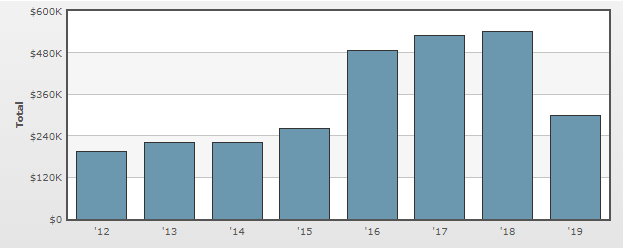
Airbnb PESTEL stands for political, economic, social, technological, environmental and legal factors effecting the peer-to-peer lodging company. It is an important analytic tool used to analyse external factors affecting businesses for strategy development. Political Factors in Airbnb PESTEL Analysis There are some political factors at the local and global scales that affect Airbnb revenues in direct and indirect manners. Issues with governments over the taxes and opposition from local governments and residents are the most important political factors for the peer-to-peer lodging company. Issues with governments over the taxes In the US, there is a dispute between a number of local governments and Airbnb over the allocation of responsibility to collect and pay occupancy taxes. A number of local and foreign governments have criticised Airbnb for not paying housing and/or other relevant taxes and they have been trying to take action with varying levels of success. It has been noted that in the US, “from Nashville to New Orleans to Honolulu, Airbnb is battling local officials over requests to collect occupancy taxes and ensure that the properties listed on its site comply with zoning and safety rules.”[1] The company lobbies its interest hiring firms such as KDCR Partners and Fulcrum Public Affairs in attempt to decrease government oppositions to the business. As illustrated in figure below, Airbnb annual lobbying budget is not massive though, compared to other multinational companies and in 2018 it amounted to USD 540,000.00. Annual Lobbying by Airbnb Opposition from local governments and residents Airbnb has faced opposition from local governments and protests from local residents due to perceived negative impact of the global hospitality service brokerage company to neighbourhoods. One of the major points of concerns in local communities relates to negative impact of the travel industry disruptor on local housing prices. There…
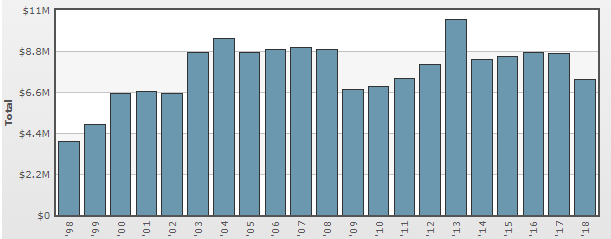
PESTEL is a strategic analytical tool and the acronym stands for political, economic, social, technological, environmental and legal factors. Microsoft PESTEL analysis examines effects of these factors on the bottom line of the multinational technology company. Political Factors in Microsoft PESTEL Analysis There are many political factors within the scope of Microsoft PESTEL analysis at governmental, regional and international levels. Apart from the impact of a regular set of political factors such as political stability in the market, impact of activities of lobby groups and the government attitude towards the organization and the industry, Microsoft activities during the past years have brought upon the company other set of political issues. Most notably, Microsoft has attracted the attention of governments and political parties due to antitrust-related issues. A recent probe by China’s State Administration for Industry and Commerce into the ways Microsoft distributes its Internet Explorer browser and Windows Media Player and sells its Office and Windows software in China[1] can be mentioned as a relevant example of impact of a political factor. Similar to major international corporations, Microsoft engages in political lobbying in order to contribute to the formation of political environment favourable to its business. As illustrated in figure below, the amount of annual political lobbying by Microsoft has ranged between USD 3,92 million and USD 7,25 million during the last 10 years. Annual lobbying by Microsoft Corporation[2] Economic Factors in Microsoft PESTEL Analysis There is a range of economic factors that affect Microsoft revenues directly or indirectly. These include economic growth or recession in the market, changes in interest rates and currency exchange rates, changes in taxation rates and policies, inflation rates, changes of labour costs and costs of other resources and others. Particularly, the global economic and financial crisis of 2007 – 2009 had proved to…

PESTEL is a strategic analytical tool and the acronym stands for political, economic, social, technological, environmental and legal factors. Xiaomi PESTEL analysis involves the analysis of potential impact of these external factors on the profitability and long-term growth prospects of the mobile internet company. Political Factors in Xiaomi PESTEL Analysis There is a wide range of political factors that can affect the internet technology company. These include government stability, bureaucracy, corruption, freedom of press and others. On one hand, Xiaomi has benefited from political factors in China in general and protectionism policy of Chinese government in particular. The government of China protects local technology companies such as Tencent, Baidu and Xiaomi by imposing barriers to operate in the country to their international rivals such as Facebook, Twitter, Snapchat, YouTube and Google. The head of Xiaomi, along with the heads of Tencent and Baidu advice the government on international business policies.[1] This grants technology companies enviable opportunities to influence local political factors that affect their businesses to a certain extent. Xiaomi has even set up its Communist Party Committee in 2015[2] as a display of its support for the ruling government. On the other hand, while political factors benefit Xiaomi in its home market in China, the company is usually negatively affected from political factors outside of China. For example, the Taiwanese government has investigated Xiaomi on a cyber security threat in 2014 causing certain damage to the brand image of the company. There is a popular concern that the investigation was politically motivated because “China and Taiwan have been historical foes since defeated Nationalists fled to the island after losing a civil war to China’s Communists in 1949”.[3] Economic Factors in Xiaomi PESTEL Analysis Economic factors affecting the internet technology company are diverse. These include macroeconomic climate in the country,…
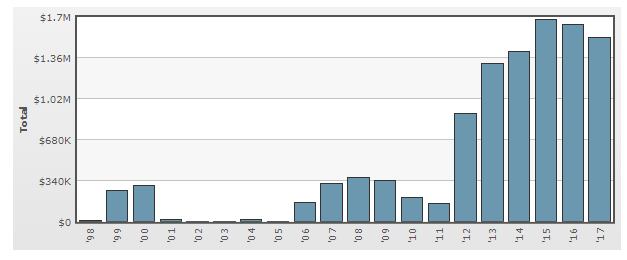
PESTEL is a strategic analytical tool used to assess the impact of external factors on businesses. Samsung PESTEL analysis involves critical analysis of political, economic, social, technological, environmental and legal factors affecting the multinational electronics company. Political Factors in Samsung PESTEL Analysis A set of political factors such as political stability in the country, government attitude towards the industry and the company, home market lobbying and pressure groups, international pressure groups, risk of military invasion of the country and others affect revenue and long-term growth prospects of Samsung Electronics in direct and indirect ways. Samsung Electronics is found to be involved in a number of political scandals in its home market in South Korea. Lee Kwang-jae, Uri Party representative working for South Korean President Roh Moo-hyun officially admitted the receipt of 50 to 60 billion KRW from Samsung Group in the forms of bonds to be used in the presidential campaign in 2002. Moreover, the prosecution found that the company has also funded the opposition, Grand National Party via 2.47 billion KRW before the election.[1] The instance mentioned above represents an attempt by the company to achieve positive impact of political factors via illegal means and methods with potentially severe detrimental impact on Samsung brand image. In August 2017, Jay Y. Lee, the former de facto head of the Samsung conglomerate, was given 5-year jail term for his role in bribery and embezzlement, part of a series of scandals that led to the ouster of Park Geun-hye, South Korea’s first female president.[2] As it is illustrated in figure below, Samsung has increased the amount of its political lobbying significantly starting from 2012. It can be argued that these spending included controversial payments as discussed above. Annual lobbying by Samsung Group[3] Economic Factors in Samsung PESTEL Analysis Strong Korean currency is one of…
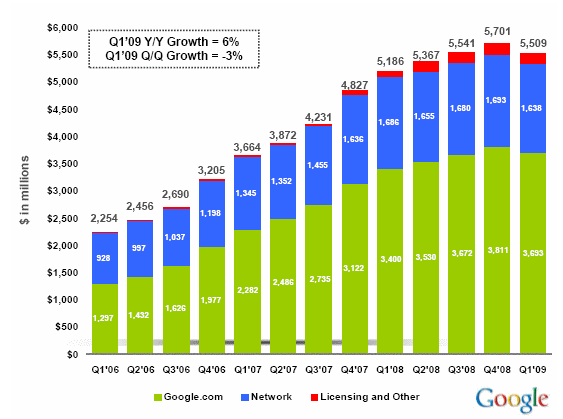
PESTEL is a strategic analytical tool and the acronym stands for political, economic, social, technological, environmental and legal factors. Alphabet (Google) PESTEL analysis involves the analysis of potential impact of these factors on the bottom line on long-term growth prospects. Political Factors in Alphabet (Google) PESTEL Analysis Google has been suspected of a political agenda a number of times with negative effects on its brand image. Particularly, Google has been accused by Chinese state media for “playing an active role in exporting culture, value and ideas”[1], thus pursuing political aims, rather than conducting appropriate business practices. Moreover, Project Loon, an initiative to provide internet in rural and remote areas via balloons and cell towels based on the ground is faced with geopolitical challenge in a way that the project is perceived as undercover by US intelligence services to conduct espionage activities[2]. Google is also criticized for interfering with politics and influencing political environment in the US and other parts of the world. It has been noted that “goggle nearly anything political and you’ll get a result that contains both legitimate news and partisan hackery, equally ready to be read. Better yet, clear out your search history, begin a search, and see what pops up to finish the search for you. Googling “Hillary” gave me “Hillary Clinton age” and “Hillary Clinton email.” So without even trying, I’ve gotten the impression of an old lady with an email problem”[3] A range of political factors that might impact Google range from political stability and government attitude towards the brand to the impact of home market lobbying and pressure group. Activities of international pressure groups such as One World Broadcasting Trust can be mentioned as an additional political factor that might affect Google in direct or indirect ways. Economic Factors in Alphabet (Google) PESTEL Analysis…

PESTEL is a strategic analytical tool and the acronym stands for political, economic, social, technological, environmental and legal factors affecting business organizations. Facebook PESTEL analysis involves a critical analysis of the impact of these factors on the social networking website. Political Factors There is a wide range of political factors such as political stability in the region, the freedom of press, the state of human rights and others that affect Facebook revenues in direct and indirect ways. The social networking site is often used by millions of people as a platform to voice disagreement with government policies and corrupt practices all over the world. This has caused the restriction of the social networking site in a number of developing countries with human rights issues, where governments are afraid that people can use Facebook to spread information and unite for their cause. For example, access to Facebook has been or is currently restricted in whole or in part in China, Iran, and North Korea[1] for the same reasons. Moreover, along with being impacted by political factors, Facebook also has its own impact on the formation of political landscape in the US and elsewhere. “Ever since the so-called “Facebook election” of President Obama in 2008, the social media giant has been a political reference point for citizens, politicians and media alike”[2] In 2015, the social media giant established its own Political Action Committee as an attempt to strengthen its ties to Washington, D.C. and to be able to further influence the political climate in the US in its favour. Taking into account increasing popularity of Facebook and its increasing role as news source and communicated tool its influence and integration into political process in local, national and even international levels is expected to increase in the future. Economic Factors The implications of…
